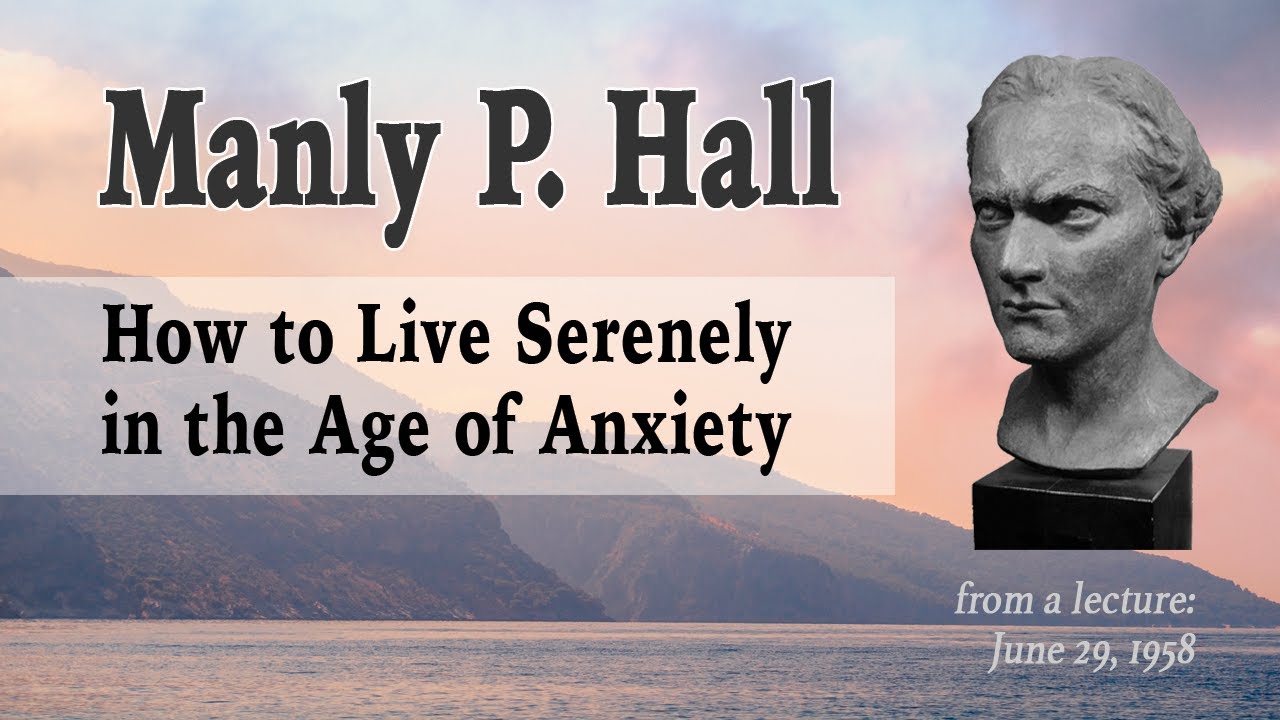Emotional reasoning is a cognitive process by which an individual concludes that their emotional reaction proves something is true, despite contrary empirical evidence. Emotional reasoning creates an ’emotional truth’, which may be in direct conflict with the inverse ‘perceptional truth’. It can create feelings of anxiety, fear, and apprehension in existing stressful situations, and as such, is often associated with or triggered by panic disorder or anxiety disorder. For example, even though a spouse has shown only devotion, a person using emotional reasoning might conclude, “I know my spouse is being unfaithful because I feel jealous.”
This process amplifies the effects of other cognitive distortions. For example, a student may feel insecure about their understanding of test material even though they are capable of answering the questions. If said student acts on their insecurity about failing the test, they might make the assumption that they misunderstand the material and therefore may guess answers randomly, causing their own failure in a self-fulfilling prophecy.
Emotional reasoning is related to other similar concepts, such as: motivated reasoning, a type of reasoning wherein individuals reach conclusions from bias instead of empirical motivations; emotional intelligence, which relates to the ways in which individuals use their emotions to understand situations or the information and reach conclusions; and cognitive distortion or cognitive deficiency, wherein individuals misinterpret situations or make decisions without considering a range of consequences
https://en.wikipedia.org/wiki/Emotional_reasoning
What Are the Components of Emotional Intelligence?
Emotional intelligence is a set of skills and behaviors. While some people will be naturally more adept at certain aspects, EI can be learned, developed, and enhanced.
The four main components of EI are self-awareness, self-regulation, social awareness, and social skills:
SELF-AWARENESS
Self-awareness is the ability to identify and understand your own emotions and the impact we have on others. It’s the cornerstone of emotional intelligence and the other components of EI depend on this self-awareness.
“It all starts with self-awareness, which is foundation of EI, and it builds from there. If you’re aware of your own emotions and the behaviors they trigger, you can begin to manage these emotions and behaviors,” says Andrews.
Our emotions impact our mood, behaviors, performance, and interactions with other people. “We are all having emotions all the time,” says Andrews, “the question is whether you are aware of these emotions and the impact they have on your behavior – and other people.”
According to Tasha Eurich, an organizational psychologist, researcher, and author of Insight, people who are self-aware tend to be more confident and more creative. They also make better decisions, build stronger relationships, and communicate more effectively.
SELF-REGULATION
Self-awareness opens the door to self-regulation, which is the ability to manage these emotions and behaviors. Once we’re aware of our emotions, we can begin to manage them and keep the disruptive emotions and impulses under control.
“People with strong self-regulation can pause and take a deep breath in tense and stressful situations, explains Andrews, “which helps them remain calm and think before they speak or act.”
These people tend toward a positive outlook and are adaptable to a variety of situations and circumstances. “On the flip side,” she says, “those that cannot contain their negative emotions and impulses often set off a chain reaction of negative emotions in others.”
“There’s an old adage that people join organizations and leave managers,” says Andrews, “and it’s true. So, companies – or managers – that have high turnover rates should take a look in the mirror.”
SOCIAL AWARENESS
Social awareness is our ability to understand the emotions of others and a key component of this is empathy.
Jamil Zaki, a Stanford professor and author of The War for Kindness, describes empathy as having three components – identifying what others feel, sharing this emotion, and wishing to improve their experience.
“It’s not about how you would feel in their situation, but rather, how they actually feel,” says Andrews.
People with strong social awareness tend toward kindness. However, this doesn’t mean they cannot give others difficult feedback – in fact, they may be better at delivering this ‘tough love’ because they understand the other person and want to help them improve.
SOCIAL SKILLS
“Social skills are what separate a great manager from a good one,” says Andrews.
These skills, which include influence, conflict management, teamwork, and the ability to inspire others, make it possible to build and maintain healthy relationships in all parts of your life.
People with strong social skills can make an enormous difference on a team and in organizations because they understand others and act on this knowledge to move people toward a common goal.
To improve your emotional intelligence, you need to start at the beginning, with self-awareness. However, gauging your self-awareness is innately difficult because, as Andrews puts it, “you don’t know what you don’t know.”
Harvard : How to Improve Your Emotional Intelligence


